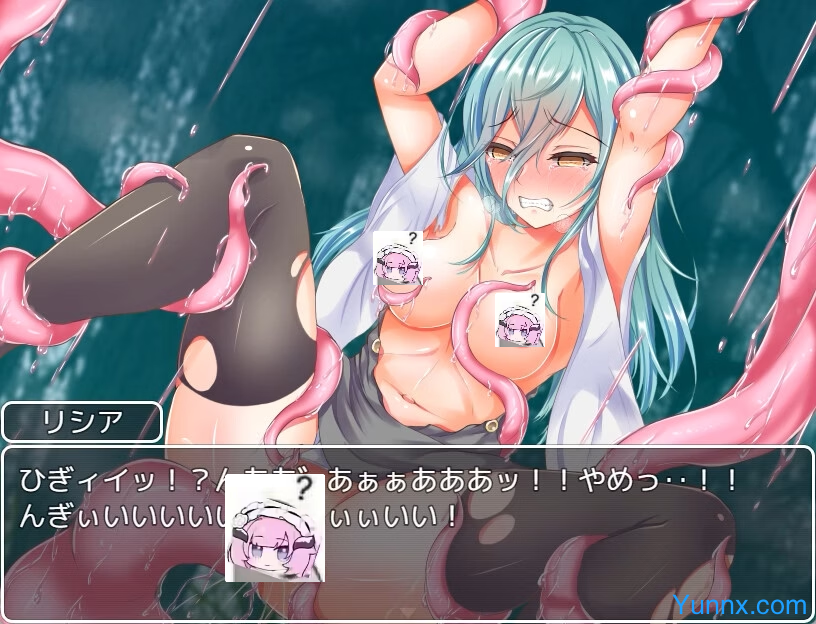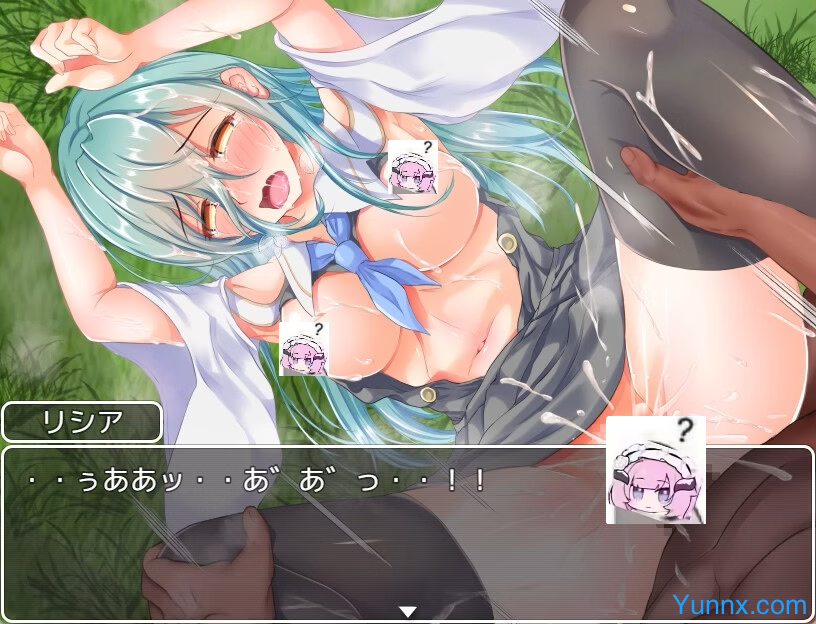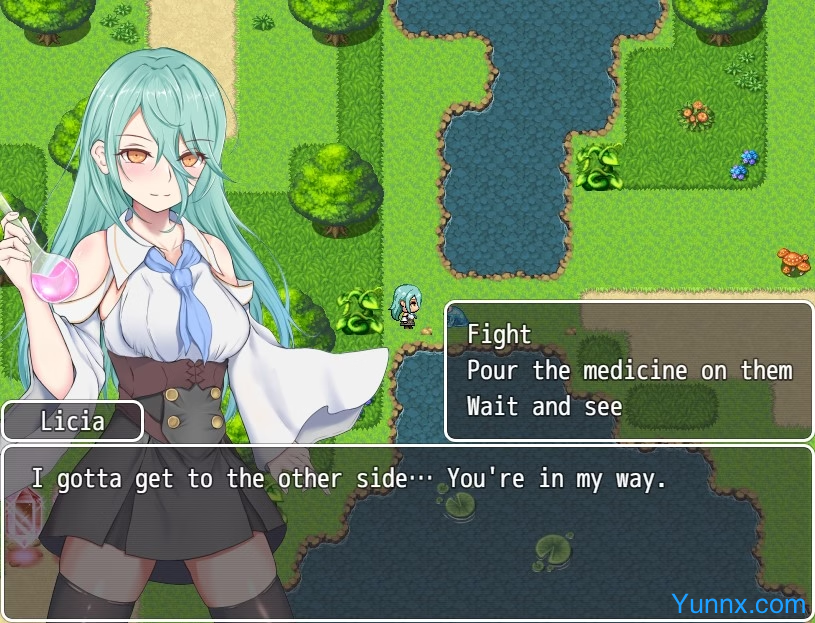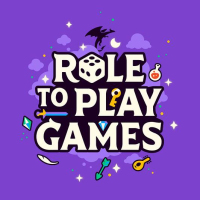In You Have Been Banished, players step into the boots of Licia, a banished alchemist with a controversial past. Once hailed as the Kingdom of Markt’s youngest prodigy, her reckless creation of the volatile aphrodisiac “Eclipse” led to her exile. Now, survive hostile wilderness, outwit rival factions, and master forbidden alchemy while seeking redemption—or revenge.
A Fallen Prodigy’s Redemption (or Downfall)
1. A Complex Protagonist
• Licia’s backstory pits genius against discipline—her unorthodox experiments reflect ambition and defiance.
• The “Eclipse” scandal symbolizes societal fear of unchecked scientific progress, adding moral depth.
• Players must decide: reclaim respect through heroism or embrace her rebellious nature.
2. Dynamic Reputation System
• Choices impact how factions (rebels, mercenaries, villagers) perceive Licia. Help survivors to earn allies—or exploit weaker groups for survival.
• Reputation affects access to resources, quests, and alliances in a world where trust is currency.
• Secret options (e.g., recreating Eclipse for blackmail) add high-risk, high-reward dilemmas.
3. Narrative Subversion
• The game rejects “chosen one” tropes, focusing on a flawed protagonist navigating systemic failure.
• The Kingdom’s witchcraft laws parallel real-world censorship debates, enriching thematic layers.
• Licia’s banishment mirrors societal rejection of innovators who challenge norms.
A World of Peril and Possibility
1. Hostile Survival Environment
• Treacherous terrain (toxic forests, unstable magical rifts) challenges both combat and resource management.
• Mutated wildlife (e.g., heat-crazed animals from Eclipse fallout) introduces unpredictable threats.
• Climate-based hazards (acid rain weakens armor, nocturnal monsters grow stronger) reward strategic planning.
2. Emergent Storytelling
• Randomized encounters (bandit ambushes, alchemist duels) ensure replayability while shaping Licia’s path.
• Hidden lore fragments uncover the Kingdom’s dark history and Eclipse’s unintended consequences.
• NPC interactions evolve—aid a desperate scholar, and they might betray you for Eclipse secrets.
3. Branching Factions
• Rebel groups offer rebellion quests but demand loyalty oaths; betray them, and they hunt you relentlessly.
• Rogue alchemists seek Eclipse to destabilize the Kingdom, while priests promise redemption through faith.
• Neutral pathways (e.g., mercenary work) let players isolate themselves—or manipulate both sides.
Why Players Are Drawn In
1. Moral Ambiguity
• Licia’s flawed humanity makes her relatable: her mistakes feel earned, not gratuitous.
• Choices lack clear “good/bad” labels, reflecting real-world ethical dilemmas (e.g., profit vs. safety).
• The game critiques societal scapegoating while exploring redemption’s cost.
2. Deep Alchemy Mechanics
• Over 150 ingredients combine unpredictably—create healing potions or deadly toxins by accident.
• Experimentation risks catastrophic failure (e.g., poison yourself crafting a fireball).
• Eclipse’s instability adds tension: can you weaponize it responsibly, or will it consume you?
3. Atmosphere and Replayability
• Gothic art style blends beauty and decay, reflecting Licia’s fractured psyche.
• Dynamic weather/events (e.g., a sudden magical storm) keep players on edge.
• Multiple endings (exile, redemption, or totalitarian rule) reward diverse playstyles.



















